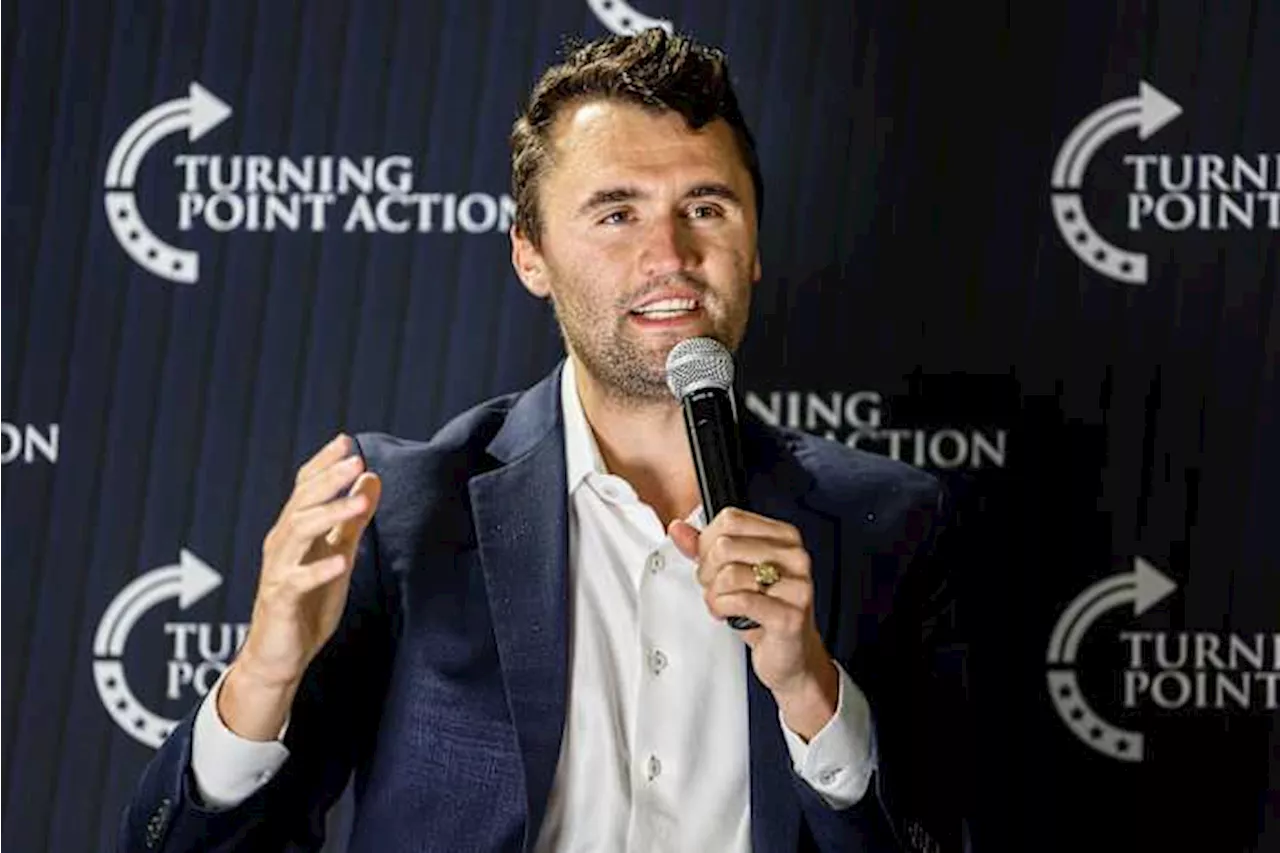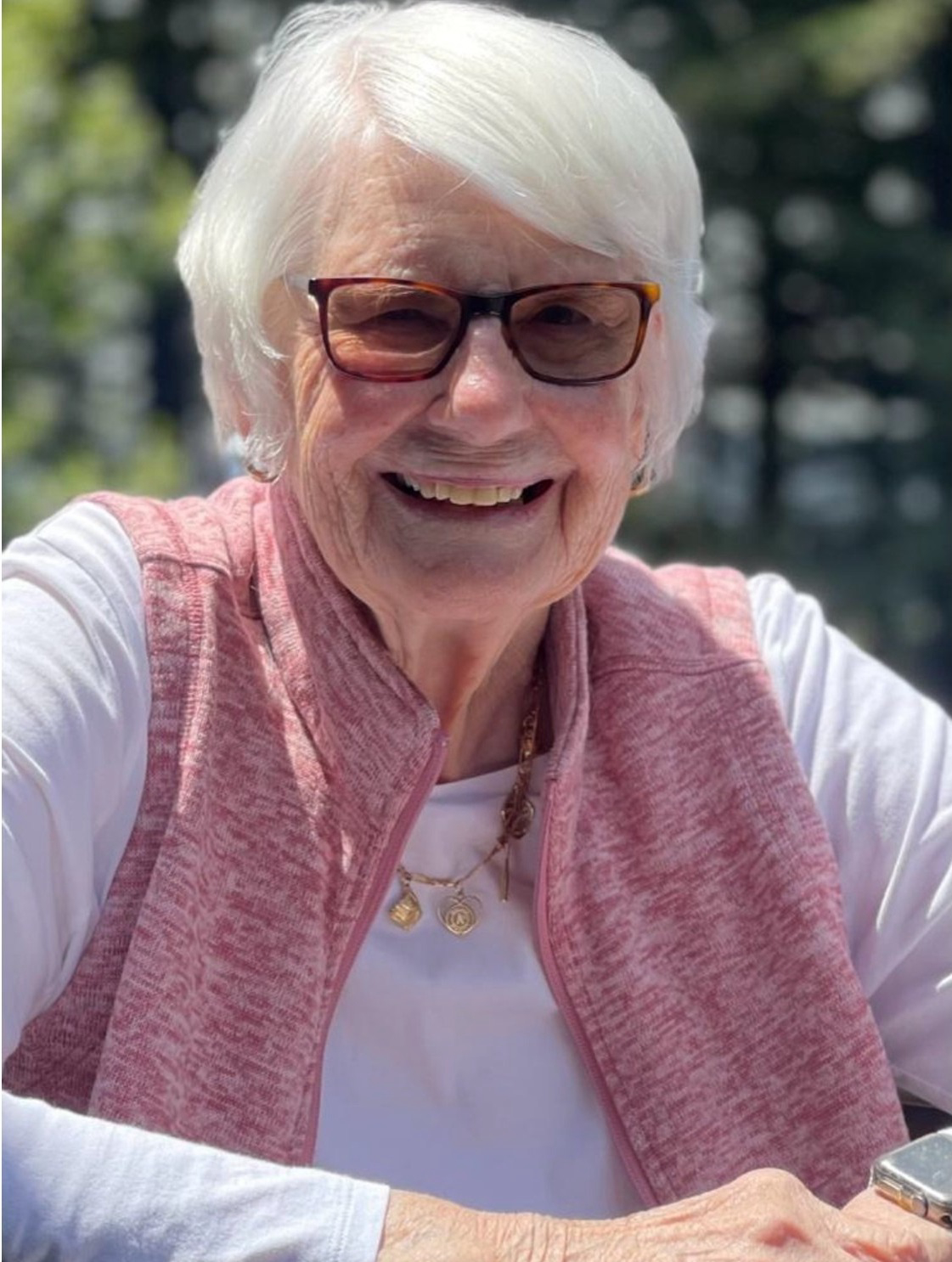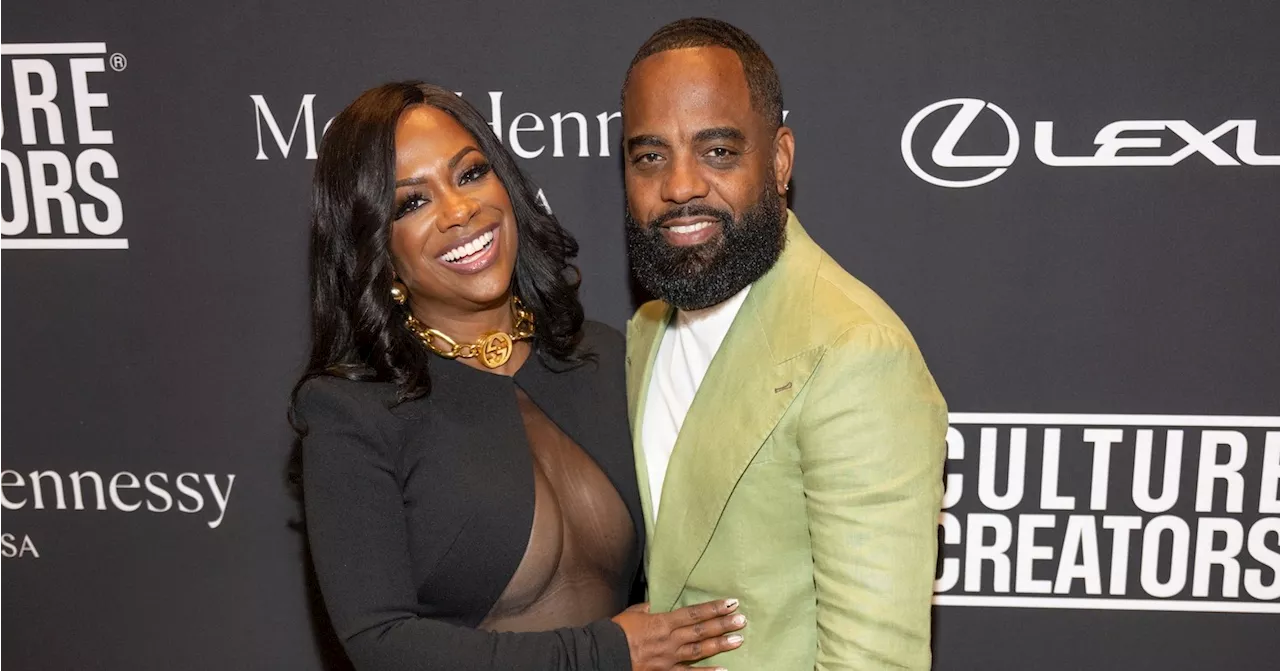UPDATE: A critical First Amendment case is unfolding as Brittney Brown, a biologist fired by the Florida Fish and Wildlife Conservation Commission (FWC), challenges her dismissal over a controversial social media post linked to the murder of conservative leader Charlie Kirk. The dispute reached a pivotal point on Monday, October 30, 2025, when attorneys faced off in U.S. District Court.
Brown alleges her firing on September 15, just five days after Kirk was shot at a Utah university, violated her constitutional rights. Her legal team argues that her Instagram post was protected speech, commenting on a matter of public concern—gun violence.
During the hearing, U.S. District Judge Mark Walker raised crucial questions about whether Brown’s reposting was a legitimate political statement. “Just because something’s inappropriate or controversial, how is it not covered by the First Amendment?” he asked, highlighting the ongoing debate over public employees’ rights to express opinions on social media.
Brown’s post, which originated from the account @whalefact, mocked Kirk’s legacy and drew significant backlash, leading to her termination amid “hundreds of complaints.” FWC’s representatives argue that her continued employment would undermine public trust and credibility essential to their mission.
“The First Amendment does not shield public employees from the consequences of speech that undermines effectiveness and public trust,” FWC attorneys stated in a court filing.
Legal experts are closely monitoring the situation as it raises questions about the limits of free speech in government jobs. The case’s implications extend beyond Brown, with reports surfacing that other employees have faced repercussions for voicing dissent against Kirk, igniting concerns about a “heckler’s veto” in public agencies.
Brown’s attorney, Gary Edinger, expressed confidence post-hearing, stating, “This is an important statement about the government’s limits in silencing diverse opinions.” He emphasized the need for a free society that tolerates differing views, especially in light of the ongoing national discourse on gun control and public safety.
As the case develops, the next steps include a potential ruling from Judge Walker on Brown’s request for a preliminary injunction to restore her position at FWC. The outcome could set a significant precedent for First Amendment rights among public employees nationwide.
This case is not just about one employee; it reflects broader societal tensions surrounding free speech, public trust, and the consequences of social media statements. Stay tuned for further updates as this urgent legal battle unfolds.







